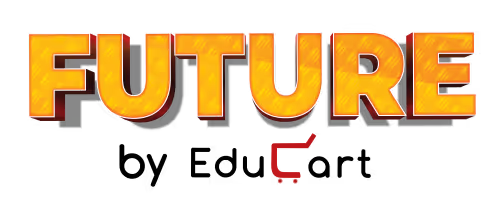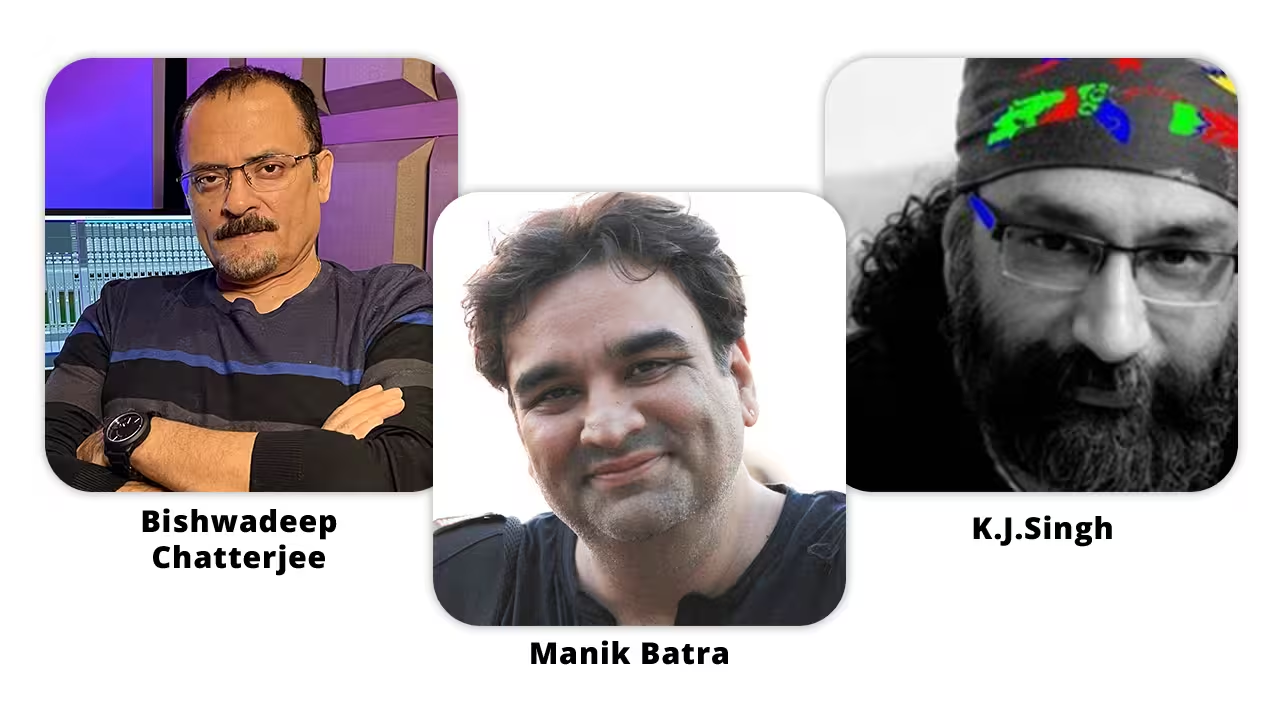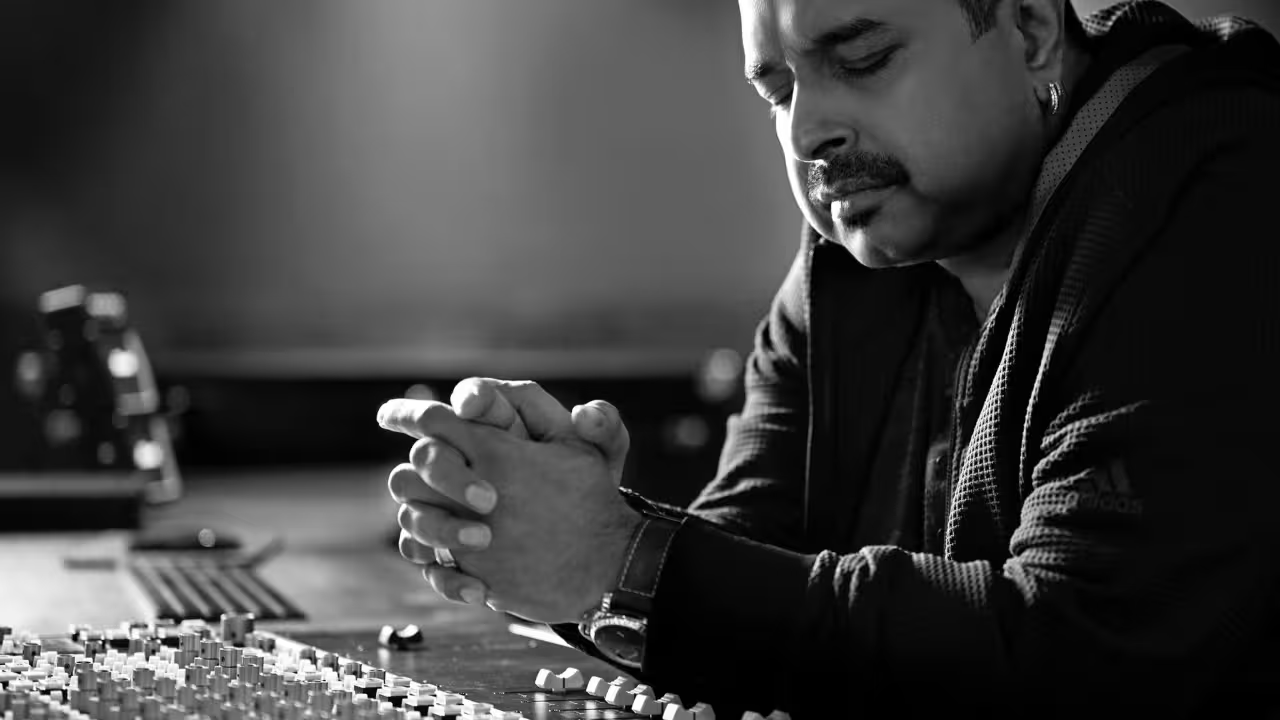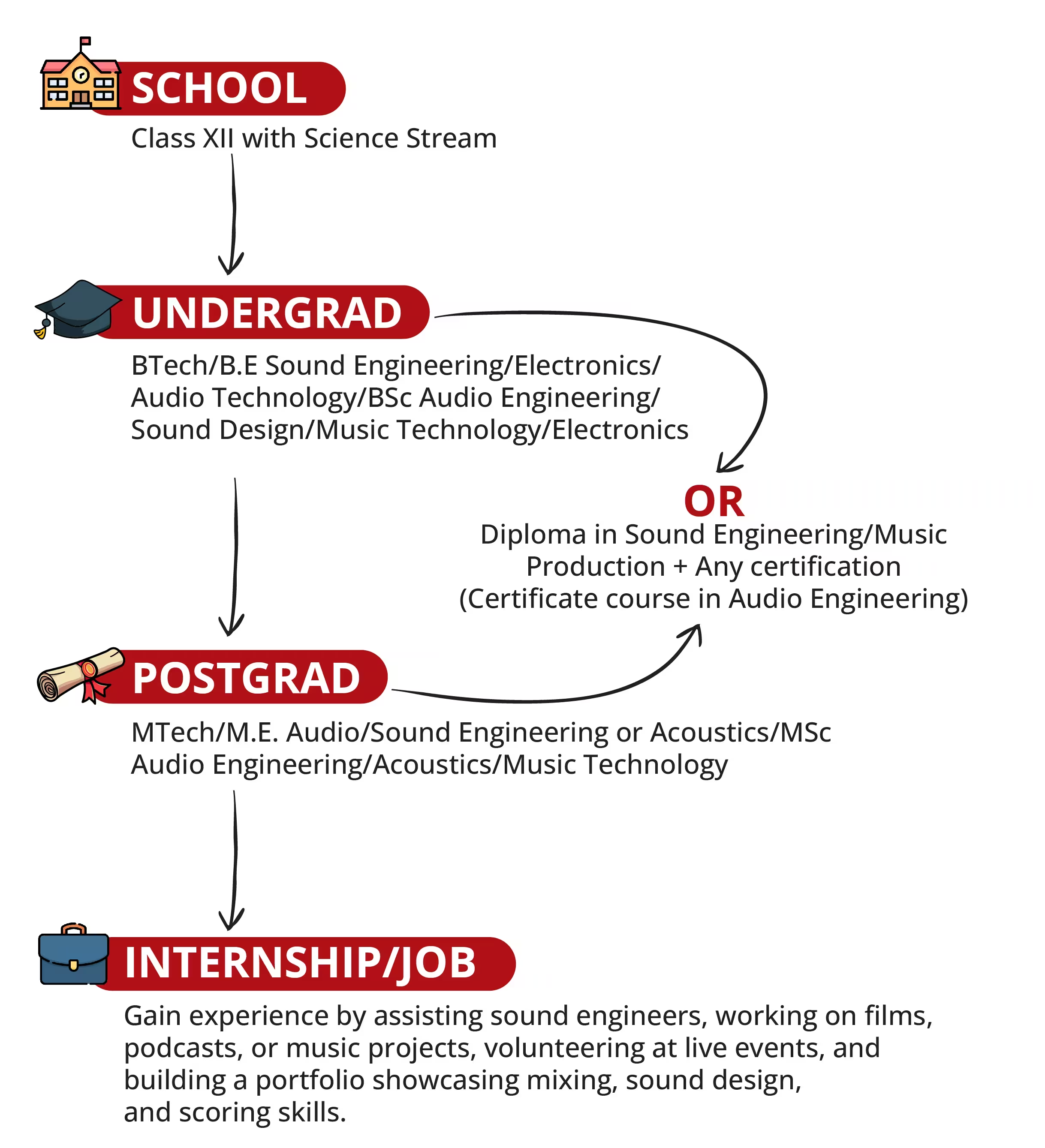

Audio Engineering aka Sound Engineering is a career field which encompasses activities related to mixing and mastering of sound. It is the science and art of recording, and reproducing sounds. Audio Engineers are those behind the main screen, controlling, manipulating and managing the sound, by making it creative, clear and professional at the same time.
They have specialized instruments, equipment and softwares which help them to create the best sound one has experienced. These tools help them balance technical precision with creative expression.
Legendary Audio Engineers redefining musical brilliance and creating magic.
Hitendra Ghosh
He is a legendary sound designer and re-recording-mixer and marked his contribution in over 700 Indian movies. He elevated the sound quality in Indian Cinema with technical brilliance and cinematic soundscapes.
K.J.Singh
He is famously known for his work with A.R.Rehman and Indian Ocean Band. He is a National-Award winning sound engineer and music producer. He has contributed majorly to Bollywood and independent music.
Bishwadeep Chatterjee
He is a four-time National Award-winning audio engineer, is known for his sound design in films like Madras Cafe, Bajirao Mastani, and Uri. A FTII graduate and TAFA founder, he has worked across Bollywood, indie music, and projects featuring A.R. Rahman’s compositions.
Manik Batra
He is an award-winning sound engineer and FTII graduate, has over 15 years of experience in films, streaming, and documentaries. Known for immersive soundscapes in works like My Name Is Khan, ’83, and An Action Hero, he won the 2022 IIFA Award for Best Sound Mixing for ’83.

From studio recordings, to live concert sound, audio engineers play a key role in delivering immersive and professional audio experience. Those who are curious about music and technology are something that interests them, then audio engineering can act as a perfect fit for them.
Audio Engineering is a combination of creativity and knowledge. To pursue a career as an audio engineer, mastering knowledge of music and technology is essential. A structure to have a relevant educational background is given below:

The field of Audio Engineering is full of creativity and innovation. This is why it can be pursued following varied routes. One can follow either the ideal route, or the alternate one with certificates. Both career routes will eventually help you land an ideal career opportunity in the field of Audio Engineering.
For acquiring a hold on the field of audio engineering, relevant educational requirements should be fulfilled. Given below is the list of institutes with related courses which can help you land your suitable course and institute.
A career in Audio Engineering opens up doors for varied related career options which require similar interest and field of education. These career options cover different areas of audio engineering like recording, mixing, managing and so on. Some of the related career options are listed below:
Whether you are aiming to work in music studios, film sets, live concerts, or game audio, early exposure can give you a competitive edge over others. Here are some certificate courses which can help you get to know Audio Engineering even without any prior knowledge.
Audio Engineering is where creativity meets technology, offering a dynamic career for those passionate about sound. Whether it’s producing studio albums, enhancing live performances, or designing immersive soundscapes for films and games, audio engineers play a crucial role behind the scenes. With the right education, hands-on experience, and continuous upskilling, aspiring professionals can carve a successful and fulfilling path in this ever-evolving field of sound.

Q. What's the difference between a music producer and an audio engineer?
Ans. A music producer is more involved with the creative and managerial aspects, such as helping artists with songwriting and arranging. An audio engineer is the technical expert who operates the equipment to record, mix, and master the final product.
Q. What kind of jobs can I get with an audio engineering background?
Ans. Career paths include studio engineer, live sound engineer, mastering engineer, broadcast engineer, sound designer for film/TV/games, and post-production expert.
Q. What are the most important skills for an audio engineer?
Ans. Key skills include a strong understanding of acoustics, excellent critical listening skills, proficiency with digital audio workstations (DAWs) like Pro Tools or Logic Pro, and the ability to troubleshoot technical issues under pressure.
Q. What is the difference between mixing and mastering?
Ans. Mixing involves balancing and combining individual tracks (e.g., vocals, drums, guitar) into a cohesive final mix. Mastering is the final step where the stereo mix is polished to ensure it sounds great across all playback systems and is ready for distribution.
Q. How do I choose the right equipment?
Ans. The best equipment for a project depends on its specific needs and budget. A good starting point is to invest in a quality audio interface and a reliable pair of studio monitors or headphones designed for critical listening.